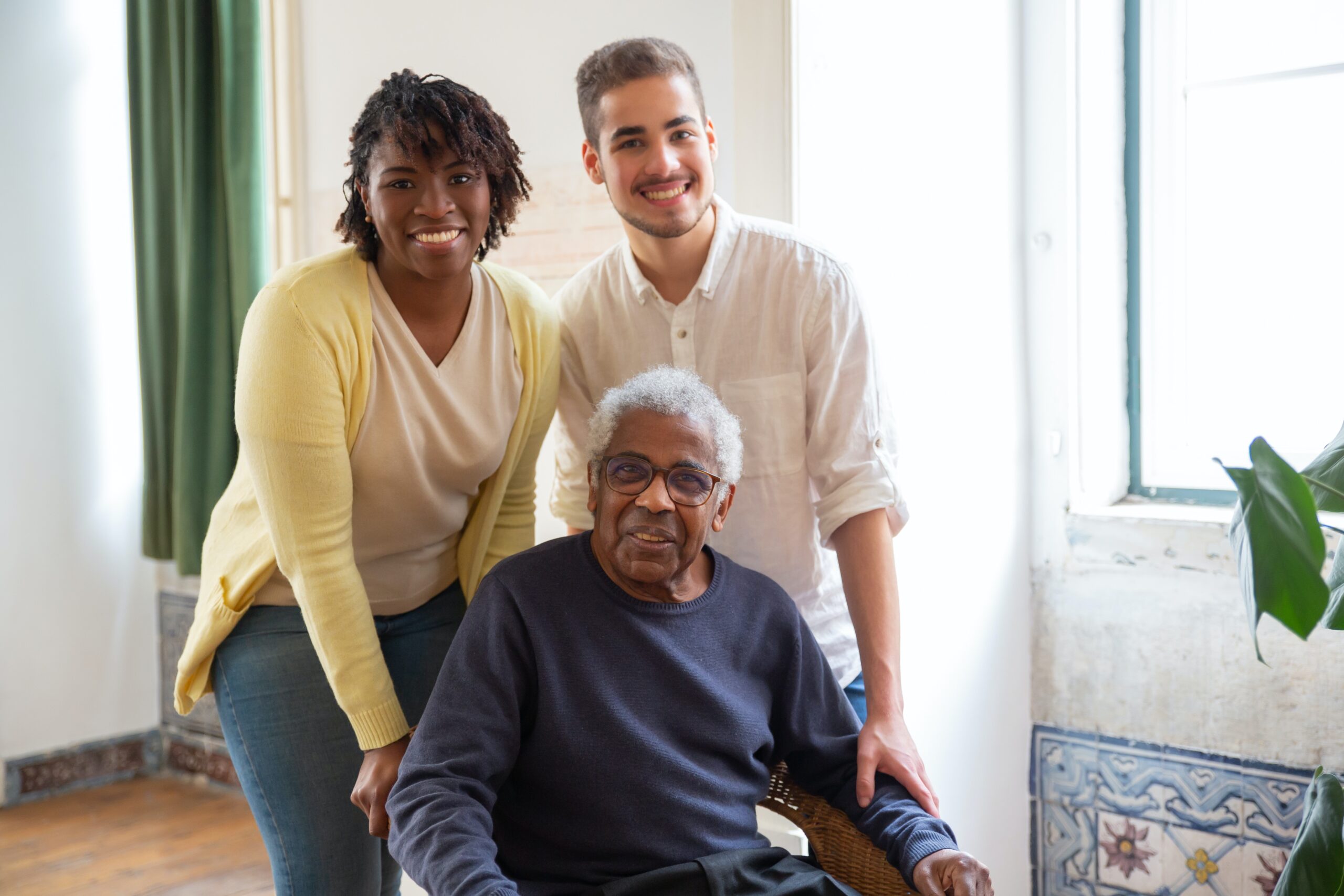Authored by the folks at Relish Photo by Pixaby
In the realm of dementia care, the focus on maximizing joy in the life of people with dementia is not just a noble goal but a necessity. Person-Centered activity planning is a transformative approach that aligns individual needs and preferences, offering daily joy for dementia patients.
This article will explore the essential elements of person-Centered activity planning, demonstrating its practicality and importance in enhancing the lives of those with dementia. Let’s take a closer look!
Understanding Person-Centered Planning
Person-Centered activity planning begins with a simple yet profound premise: treating every individual as unique. Unlike a one-size-fits-all approach, person-Centered planning recognizes the distinct likes, dislikes, hobbies, and interests of each person.
According to the Alzheimer’s Society, it involves tailoring activities to suit the person’s abilities and preferences, ensuring that they feel engaged and valued.
The Importance of Person-Centered Dementia Care
The importance of individualized care in dementia cannot be overstated. Implementing person-Centered activity planning can lead to:
- Increased Engagement: Activities aligned with personal interests foster engagement and participation. For example, if your loved one enjoys gardening, why not try and arrange some simple garden activities or sitting out in the garden in a comfortable chair.
- Enhanced Wellbeing: When activities match the person with dementia, it supports their emotional wellbeing, promoting happiness and reducing agitation.
- Strengthened Relationships: Connecting on a personal level, especially over common interests and joyful activities deepens bonds between caregivers and those with dementia.
Practical Strategies for Person-Centered Activity Planning
Implementing person-Centered activity planning is accessible as well as being an effective way to bring more joy to the lives of people with dementia. Here are some practical strategies to consider during your activity planning:
- Know the Person: Explore their hobbies, interests, and past careers. What sparks joy for them? Is there a certain passion of theirs they would like to engage with?
- Create a Safe Environment: Organize activities that are manageable and enjoyable without overwhelming the person. What capabilities do they have? Make sure any activities match their current ability level to be fully inclusive.
- Involve Them: Include your loved ones in daily tasks or hobbies they used to love, such as gardening or cooking. Even simply being involved can be a wonderful way to feel stimulated, engaged and have a sense of belonging.
- Adapt and Evaluate: Flexibility is key. Continuously adapt activities to align with changing needs. What may have been an easy task before may need to be made easier as time goes on. For example, if a person can no longer complete simple gardening tasks, it may still be enjoyable to sit and enjoy the sounds and smells of the outdoors.
Browse these tips on how to bring more joy to the life of your loved one with dementia.
Collaborative Care and Communication
In the realm of person-Centered activity planning, collaboration among caregivers, family members, and healthcare professionals is key. Ensuring that everyone is on the same page promotes consistency and enhances the overall care experience. Here are some pointers:
- Foster Open Communication: Regular dialogues about preferences and changes in behavior are vital to ensure that a person with dementia’s needs are being catered to.
- Share Insights and Observations: Sharing personal insights helps create a richer, more comprehensive care approach. If something works or doesn’t work for one caregiver, make sure to share it and try to come up with solutions or alternatives together.
- Build a Support Network: Connecting with other caregivers, joining support groups, and engaging with healthcare professionals can help caregivers feel supported and informed during what can be a difficult time.
Dementia care that puts empathy and joy at its heart
Person-Centered activity planning is not a mere concept but a practical, empathetic approach to dementia care. It underscores the significance of individualized care, with a focus on enhancing the daily joy of individuals with dementia.
By embracing practical strategies and leveraging collaboration and communication, caregivers at all levels can create a positive impact. This path towards maximizing daily joy is achievable and deeply rewarding.
Share this guide with others in the dementia care community, and take the first step towards maximizing daily joy for your loved ones today!
About the author
Relish designs products to bring joy to life with dementia. Their mission is to enhance the wellbeing of people with dementia by offering meaningful, fun activities that help them build relationships with their loved ones and caregivers. https://relish-life.com/us/











